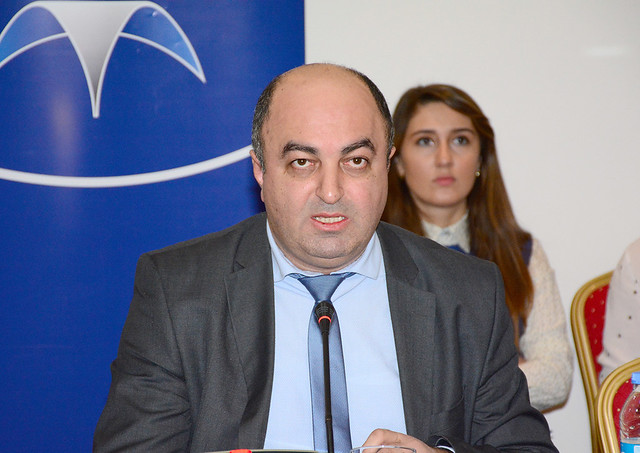Public Defender Presents Analysis and Recommendations concerning Law on Occupied Territories
On February 9, 2017, the Public Defender of Georgia presented a special report to the public, which combines analysis of the practice and recommendations concerning the Law of Georgia on Occupied Territories.
The report reviews issues, such as, arrival in the occupied territories, economic activity, documents issued by the de facto authorities, the gaps and obstacles in practice and in the Law on Occupied Territories in terms of protection of human rights. The report also provides solutions to the mentioned gaps and obstacles.
The Public Defender’s recommendations are aimed at improving the human rights situation of persons living in the occupied territories and/or the persons having close links with them; In addition, given the sensitivity of the case, it is necessary the legislative changes to be developed in full coordination and cooperation with the government agencies and other stakeholders.
The Public Defender believes that the Government of Georgia should try its best to promote the protection of the rights and freedoms of people living in the occupied territories, as well as improvement of their social and economic conditions, access to health care and education.
Consequently, the Public Defender considers that Georgia must make the rule of entering the occupied territories more flexible and the penalty for foreign citizens or stateless persons should be limited to administrative responsibility, instead of the current criminal liability.
The analysis of the practice shows that only small part of those who enter the occupied territories is punished and these are the individuals who then enter the Georgian-controlled territory. In addition, the mentioned restriction applies to international organizations and their employees as well, which do a vital job for the residents of the occupied territories.
The Public Defender also believes that in line with Georgia’s EU Association Agreement and its aspirations to EU membership, the Government should develop stimulating legal and logistical tools, including different tax regime, and allocate financial resources to enable local individual entrepreneurs and micro and small businesses in the occupied territories to develop economic and trade relations with businesses and entrepreneurs operating across the dividing line in order to carry out joint economic activities.
The population of the occupied territories, especially the new generation, has only documents issued by the illegal authorities. And, since under the applicable law, such documents are not valid, it is complicated to establish Georgian citizenship and receive Georgian citizenship documents. Therefore, the Government should develop an effective mechanism in order to enable population of the occupied regions to easily get Georgian national identity cards and valid documents, with which they would be able to enjoy the services offered by the Georgian state.
The Public Defender of Georgia expresses its readiness to actively participate in the additional discussions concerning regulations and practices, and hopes that, on the basis of his recommendations, the applicable legal provisions and their implementation will be focused on the protection of and respect for human rights.
See the electronic version of the report (from page 21)
















